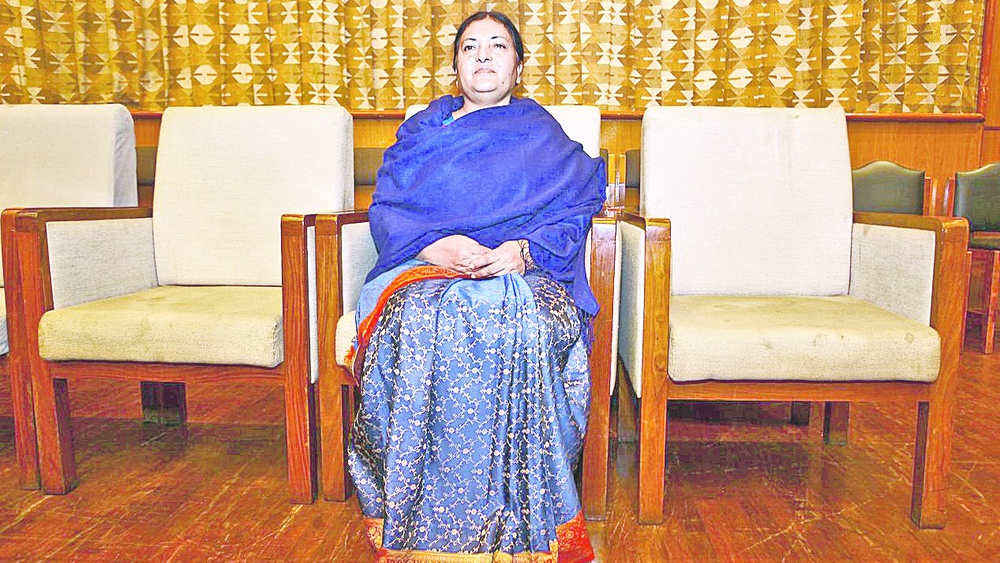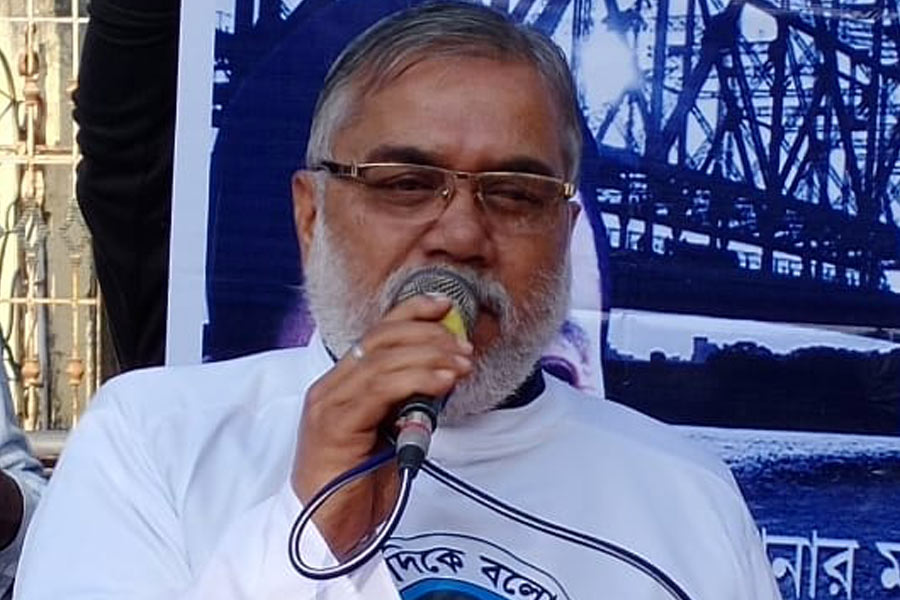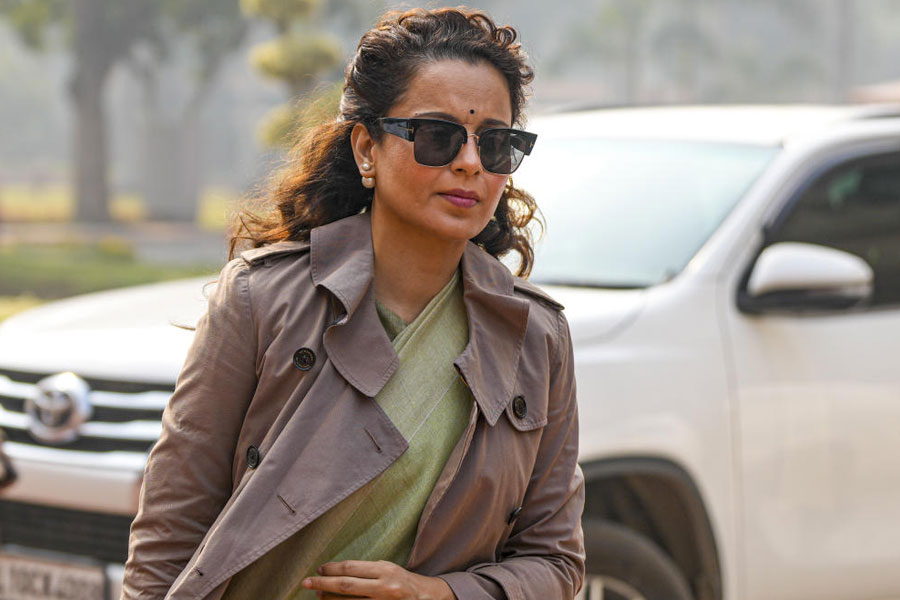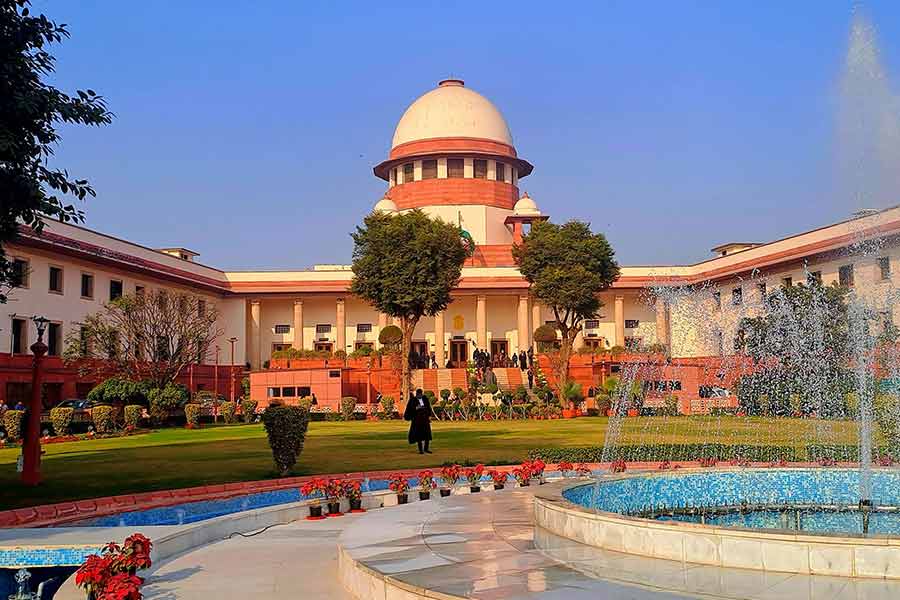Nepal’s President dissolved Parliament on Sunday at the request of Prime Minister K.P. Sharma Oli’s cabinet and announced that general elections would be held in April and May, more than a year ahead of schedule.
The move plunges the Himalayan country, which has seen revolving-door governance since street protests restored multi-party democracy in 1990, into political turmoil as it battles the coronavirus pandemic.
Seven ministers stepped down, including the tourism head, citing Oli’s decision to go against the “popular mandate” given to them in the 2017 general election. Protesters burned effigies of him in various parts of the capital Kathmandu.
President Bidhya Devi Bhandari’s office said in a statement that the April 30 and May 10 voting dates were recommended by Oli’s cabinet following an emergency meeting.
Oli, 68, pushed for a fresh mandate after his Nepal Communist Party accused him of sidelining his party in government decisions and appointments. He had led an alliance with former Maoist rebels to a landslide win in the last vote.
“The Prime Minister has lost the majority in the parliamentary party, central committee and the secretariat of the party,” said Bishnu Rijal, an NCP central committee member. “Instead of seeking a compromise within the party, he chose to dissolve Parliament.”
Oli’s decision came after some lawmakers from his party registered a vote of no confidence against him in the 275-member lower House of Parliament, NCP lawmaker Pampha Bhusal said.
Oli aide Rajan Bhattarai said the Prime Minister had acted in response to the backlash from his party, which had also asked him to consider quitting as its president.
Politicians and social media users said the ruling party should have tried out other political combinations to run the country instead of calling an untimely election when its tourism-dependent economy has been battered by the pandemic.











